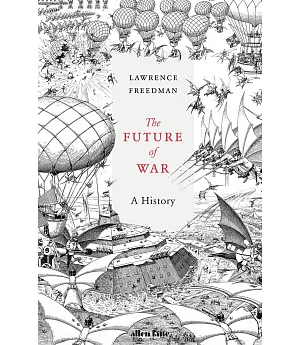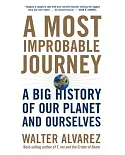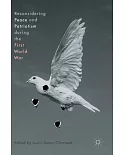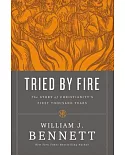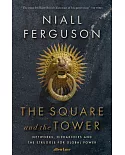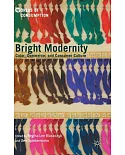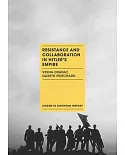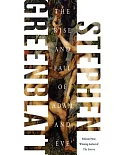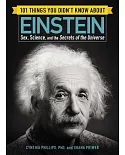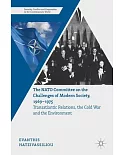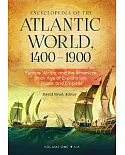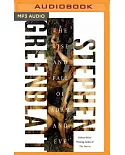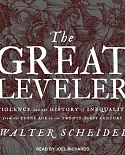A new approach to ideas about war, from one of the UK's leading strategic thinkers
In 1912 Sir Arthur Conan Doyle wrote a short story about a war fought from underwater submersibles that included the sinking of passenger ships. It was dismissed by the British admirals of
the day, not on the basis of technical feasibility, but because sinking civilian ships was not something that any civilised nation would do. The reality of war often contradicts expectations,
less because of some fantastic technical or engineering dimension, but more because of some human, political, or moral threshold that we had never imagined would be crossed.
As Lawrence Freedman shows, ideas about the causes of war and strategies for its conduct have rich and varied histories which shape predictions about the future. Freedman shows how looking at
how the future of war was conceived about in the past (and why this was more often than not wrong) can put into perspective current thinking about future conflicts. The Future of War - which
takes us from preparations for the world wars, through the nuclear age and the civil wars which became the focus for debate after the end of the Cold War, to present preoccupations with hybrid
and cyber warfare - is filled with fascinating insights from one of the most brilliant military and strategic historians of his generation.
Review
Freedman takes us on a lively journey through a century and a half of war and warfare, revealing how everyone thought it would play out. He skips back and forth over the razor's edge between
past and future, and then balances on the blade to survey how the novelists, soldiers, statesmen, and scholars of the past got the future of war wrong, or sometimes very nearly right. Once
again, Freedman has shown us that penetrating scholarship need not be burdened by jargon-soaked prose and can therefore be rewarding for the educated layperson and expert alike. (Ryan
Evans)
Freedman consistently brings the discussion down to real cases, covering a wide range of history and geography. The final section, which considers the place of gang warfare and civil unrest
in many parts of the world and the likely role of China in future conflicts, is especially thought-provoking. The author's lively style adds to the interest for general readers. A valuable book
for anyone interested in international affairs. (Kirkus)

